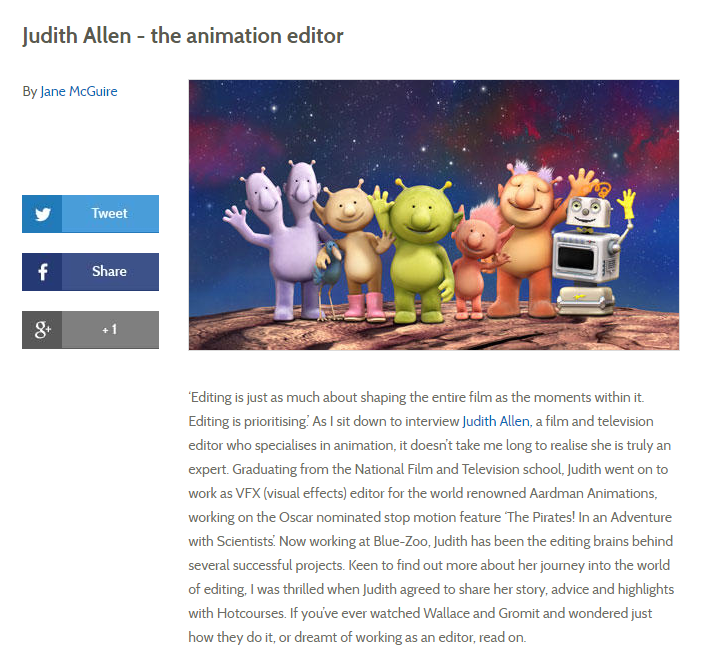Today I went to a preview of
The Curious Case of Benjamin Button, which was followed up by a really short Q&A session with the director
David Fincher. How do you make a film like that? Well, you're really meticulous in the way that you do it, working with people who are exactly on the same page as you and with the right technology for the job that you want to do. So ultimately, an ideal film for Fincher who just gives the impression of being on top of
everything.
This was probably the last big screening or session that I'll have attended during my time at the NFTS. But over the last two years, there have been quite a few people who've come to the school to share their personal wisdom and experience - and I do view myself as very fortunate to have had the opportunity to encounter so many fantastic people from the global film industry. I'll try to list the ones who really stick out in my mind here - although most assuredly I'll forget someone major.
Brian Tufano. It's easy for me to forget about Brian, since he's around the cinematography department so much. Idolized by the cinematography students, and justifiably so from the work experience, tutoring and inspiration he gives them.
Walter Murch. Came into school for one day only, complete with handouts and powerpoint presentations to illustrate case studies - in which we saw the view of his edit suite inside and out and his favourite mixing jumper (amongst other things). Just as insistent on the "you should stand up to edit" principle as you'd expect, and gave a really useful insight into sound at the same time illustrated by some truly classic sequences from the films he's edited.
David Yates. Was deep in the
Order of the Phoenix post at the time, but was very happy to talk at length about his previous projects and the importance of TV work.
State of Play is an obvious example of this - it's a fantastic drama, which everyone should see before the Kevin Macdonald film version comes out. He's an alumnus of the NFTS's directing course. Absolutely wonderful man, lovely to be around and totally unassuming. Post-production trivia point - he insisted on taking his usual editor and composer with him if he was going to agree to direct Harry Potter. WB agreed.
Roger Deakins. Another fantastic bloke, another NFTS alumnus. Not suggesting any correlation, but you know..... He had all the time in the world for any questions from anyone, spent another day exclusively with the cinematography students (who temporarily found a new idol). He remembers details and answers questions on every shoot he's ever done, talked through scenes from Jarhead, Jesse James... and was just incredibly giving with his time and thought processes. The forum on his website
deakinsonline.com gives some insight into the type of answer a typical cinematography question would get.
Darren Aronofsky. Came in the day before we could see
The Wrestler in our weekly preview screenings, which he seemed genuinely disapponted about and requested that feedback be sent on to him once we'd seen it. Which was actually pretty mindblowing for a generation of film school students who almost universally hold
Requiem for a Dream to the highest possible regard. He opened the session with the fact that he'd applied to the NFTS but hadn't gotten in - quite the ice breaker! Happy to talk on all subjects even those which seemed slightly uncomfortable - such as recasting and associated budget cuts.
Other inspirational names from my time at the film school - whether it was a short tutorial or full exercise/ short film editing supervision:
Stephen Frears - tutored throughout the
first year film project alongside
Sean Barton during the editing stage.
Alex Mackie - first year external examiner and tutor on our
Richard III exercise. Very open, and has been a great help to me.
Barry Vince - came in very early in our film school careers to provide a structured and solid background in editing processes from which to work.
Roger Crittenden - quite literally wrote
the book on editing (or
a book, at any rate), and tutored on several fiction films in my second year.
Mamoun Hassan - we spent a day with Mamoun just analysing the opening few minutes of
The Man in the White Suit and learnt more about filmmaking than we ever thought possible.
I suppose one of the benefits of a postgraduate degree is being able to appreciate things like this all the more fully - and whilst you still have access to them. But the next stage is to get out there and start making names for
ourselves in some form. Onwards and upwards, as they say....

